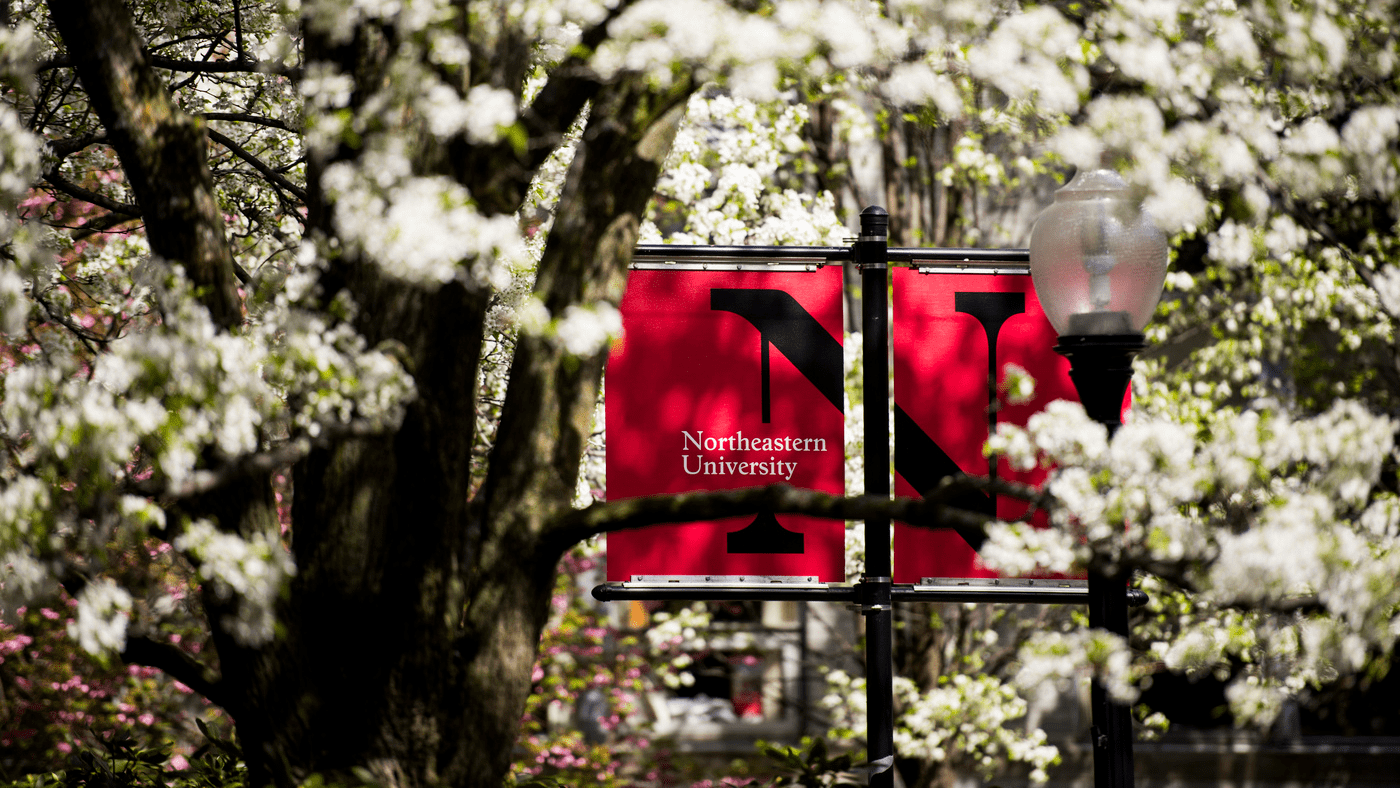HPC Cluster Partition Improvements
Increase the Maximum Allowable Wall Clock Time Limit for CPU Jobs
Now, researchers can submit CPU jobs to the ‘short’ partition that can run up to 48 hours (the previous limit was 24 hours).
Introduction of New GPU Queue (gpu-short)
A new partition (gpu-short) has been created to reduce the queue wait time for GPU jobs. The jobs submitted to this partition have a default job wall clock time of one hour and a maximum job time of two hours. The ‘gpu-short’ partition is configured to a higher priority than our existing ‘gpu’ partition. This new ‘gpu-short’ partition will enable shorter GPU jobs to start more quickly — reducing the queue wait time for users. The ‘gpu-short’ partition is particularly suitable for Open OnDemand and interactive sessions.
You can continue using existing ‘gpu’ and ‘multi-gpu’ partitions for relatively longer-running jobs and jobs that require more than one GPU. The ‘multi-gpu’ partition allows you to run GPUs up to 24 hours. More information about partitions is available on our Partitions page.





